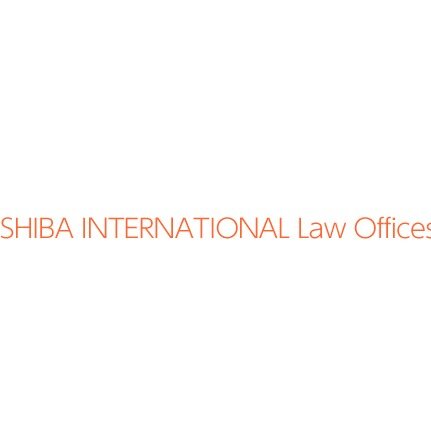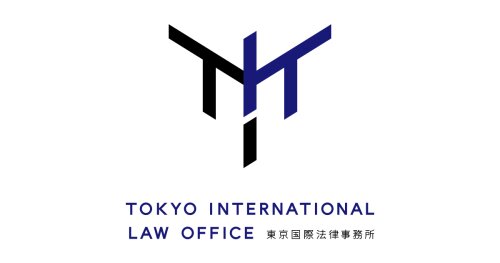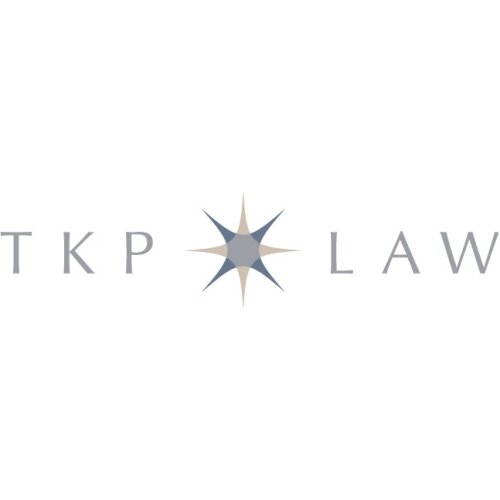Best ESG Advisory & Compliance Lawyers in Tokyo
Share your needs with us, get contacted by law firms.
Free. Takes 2 min.
List of the best lawyers in Tokyo, Japan
About ESG Advisory & Compliance Law in Tokyo, Japan
Environmental, Social, and Governance (ESG) Advisory & Compliance refers to the frameworks, rules, and practices that guide businesses to operate responsibly and sustainably while meeting legal requirements. In Tokyo, Japan, ESG compliance has gained prominence due to the increased focus on climate change, social responsibility, corporate transparency, and responsible investing. Both domestic and international companies are expected to uphold high standards for incorporating ESG principles into their business processes. Legal advisors in Tokyo specialize in helping companies design, implement, and monitor effective ESG compliance programs that meet national and international expectations.
Why You May Need a Lawyer
Many companies and organizations in Tokyo encounter complex legal and practical challenges as ESG expectations and rules evolve. Common situations where legal assistance is valuable include:
- Understanding new or changing ESG regulations or guidelines
- Structuring ESG reporting and disclosures to comply with Japanese laws and international standards
- Conducting ESG risk assessments and due diligence before investments or mergers
- Defending against claims regarding environmental or social responsibility
- Advising on sustainable finance and responsible investment practices
- Addressing supply chain transparency and human rights due diligence requirements
- Handling government investigations or compliance inspections related to ESG matters
- Assisting in the certification of green bonds or sustainable products
Local Laws Overview
Japan has developed a sophisticated legal and regulatory framework to promote ESG practices among corporations, particularly those listed on exchanges such as the Tokyo Stock Exchange. Some key aspects include:
- Corporate Governance Code: Mandates listed companies to adopt ESG considerations and fosters transparency and accountability.
- Environmental Laws: Strict environmental regulations cover emissions, waste management, chemical substances, and energy efficiency under laws like the Basic Environment Law and the Act on Promotion of Global Warming Countermeasures.
- Sustainability Disclosure Requirements: The Financial Services Agency (FSA) encourages integrated reporting on ESG performance, and companies may be required to disclose climate risks and sustainability strategies.
- Human Rights Compliance: Japanese companies are increasingly subject to regulations and guidelines concerning labor rights, supply chain accountability, and anti-discrimination measures.
- Green Finance Initiatives: Incentives and disclosure requirements for green bonds and ESG-related investment products are steadily growing as part of Japan’s sustainable finance agenda.
Frequently Asked Questions
What does ESG mean in a Japanese legal context?
ESG stands for Environmental, Social, and Governance. In Japan, these are legal and business standards that guide responsible operations, covering everything from pollution control to worker protection and corporate ethics.
Are Japanese companies required to disclose ESG information?
Most large companies, especially those listed on the Tokyo Stock Exchange, are strongly encouraged, and in some aspects required, to disclose ESG information to investors and stakeholders, including climate risks and sustainability measures.
What are the main environmental laws affecting businesses in Tokyo?
Businesses in Tokyo must comply with a range of laws, such as the Basic Environment Law, the Act on Promotion of Global Warming Countermeasures, and local ordinances on waste and pollution.
What is the Corporate Governance Code?
The Corporate Governance Code is a set of principles for listed companies in Japan, requiring them to act with transparency, take social and environmental issues into account, and disclose related activities to investors.
Can small and medium-sized enterprises (SMEs) ignore ESG regulations?
No, although some regulations primarily target large corporations, SMEs are also subject to many ESG-related laws. Increasingly, supply chain requirements and investor expectations mean SMEs must pay attention to ESG compliance.
What are the penalties for non-compliance with ESG laws in Japan?
Penalties may include fines, reputational damage, restrictions from business activities, and possible litigation if a company fails to meet mandatory ESG requirements.
How can a lawyer help with ESG certification or green finance in Tokyo?
An ESG lawyer can help companies meet legal requirements for certifications, draft necessary documentation for green bonds, and ensure compliance with financial regulations relating to sustainable investment.
Is ESG reporting mandatory in Japan?
While some ESG reporting elements are strongly encouraged rather than mandatory, specific requirements exist for climate risk disclosure, especially for large and listed companies. The trend is moving towards stricter rules.
What is the role of Japanese regulators in ESG?
Regulatory bodies like the Financial Services Agency and Ministry of the Environment oversee compliance, issue guidelines, and may investigate or enforce ESG-related regulations for Japanese businesses.
Do international ESG standards apply in Tokyo?
Yes, many Japanese companies adopt international frameworks, such as the United Nations Sustainable Development Goals (SDGs) and the Task Force on Climate-related Financial Disclosures (TCFD), alongside Japanese laws.
Additional Resources
Several organizations and governmental agencies in Japan provide guidance and oversight for ESG Advisory & Compliance matters:
- Financial Services Agency (FSA)
- Ministry of the Environment, Japan (MOE)
- Tokyo Metropolitan Government Environmental Bureau
- Japan Exchange Group (JPX) and Tokyo Stock Exchange (TSE)
- Japan Sustainable Investment Forum (JSIF)
- Chambers of Commerce and Industry in Tokyo
- Japan Federation of Bar Associations (Nichibenren) for legal consultation
- Industry-specific associations offering ESG compliance support
Next Steps
If you need legal assistance with ESG Advisory & Compliance in Tokyo, Japan, consider taking the following steps:
- Assess your organization’s current ESG policies, risks, and compliance status
- Identify areas where you require advice, such as environmental regulations, supply chain due diligence, or disclosure obligations
- Contact a qualified law firm or legal advisor with proven expertise in ESG matters in Tokyo
- Prepare all available documentation and data relating to ESG practices, as these will help expedite your legal consultation
- Follow up on advice promptly and implement recommended changes to remain compliant and competitive in the Japanese market
Lawzana helps you find the best lawyers and law firms in Tokyo through a curated and pre-screened list of qualified legal professionals. Our platform offers rankings and detailed profiles of attorneys and law firms, allowing you to compare based on practice areas, including ESG Advisory & Compliance, experience, and client feedback.
Each profile includes a description of the firm's areas of practice, client reviews, team members and partners, year of establishment, spoken languages, office locations, contact information, social media presence, and any published articles or resources. Most firms on our platform speak English and are experienced in both local and international legal matters.
Get a quote from top-rated law firms in Tokyo, Japan — quickly, securely, and without unnecessary hassle.
Disclaimer:
The information provided on this page is for general informational purposes only and does not constitute legal advice. While we strive to ensure the accuracy and relevance of the content, legal information may change over time, and interpretations of the law can vary. You should always consult with a qualified legal professional for advice specific to your situation.
We disclaim all liability for actions taken or not taken based on the content of this page. If you believe any information is incorrect or outdated, please contact us, and we will review and update it where appropriate.
















